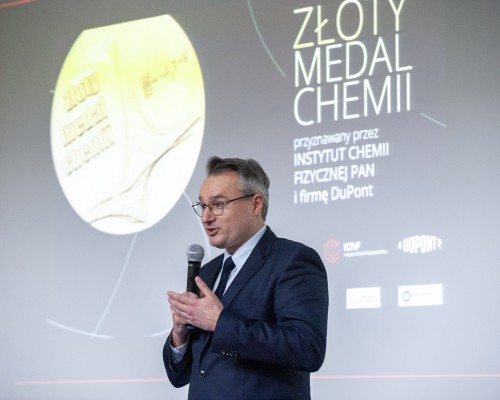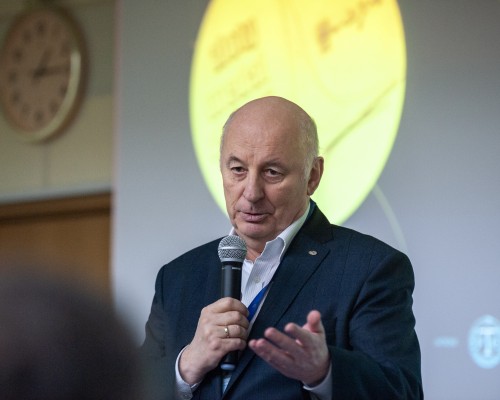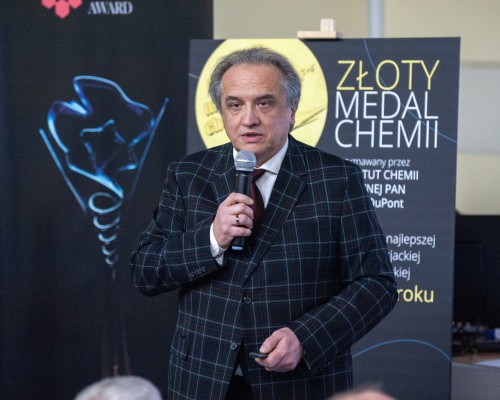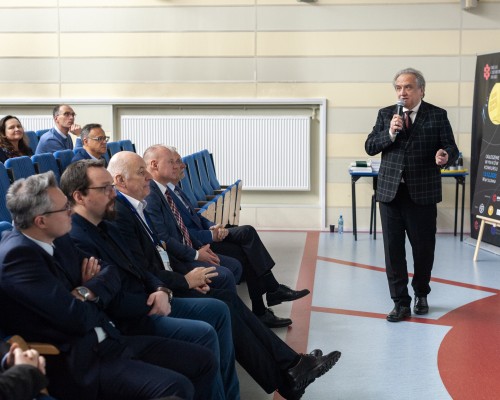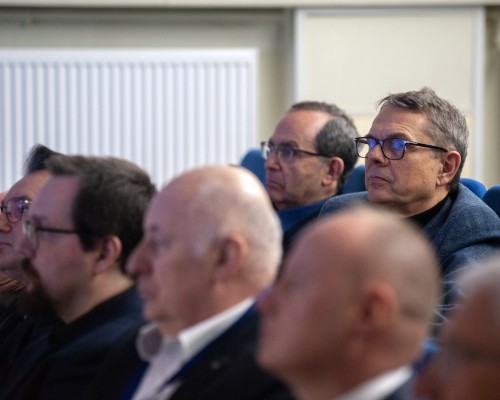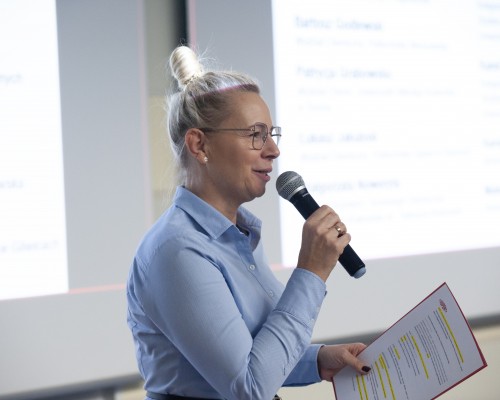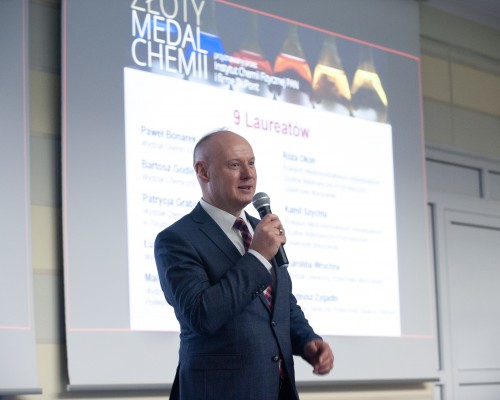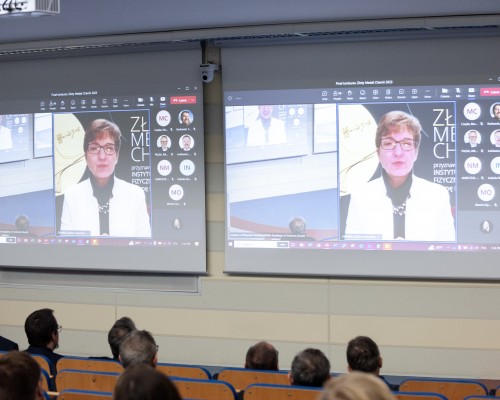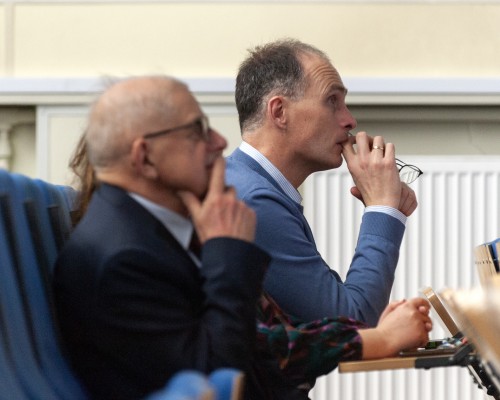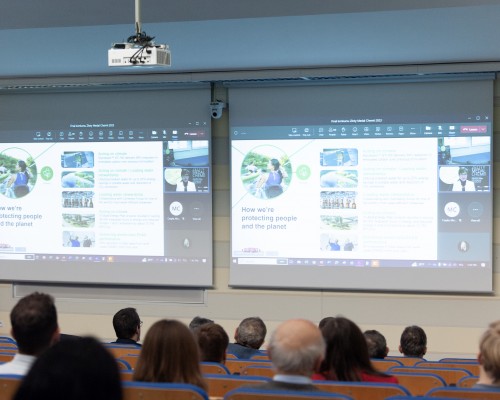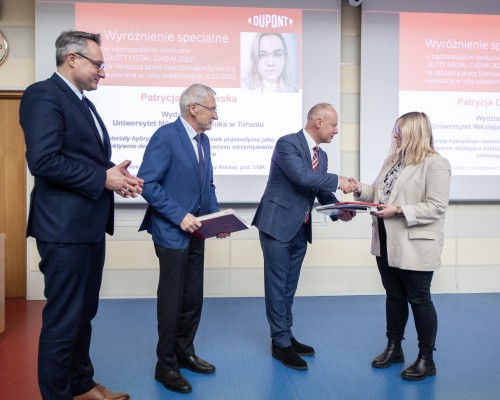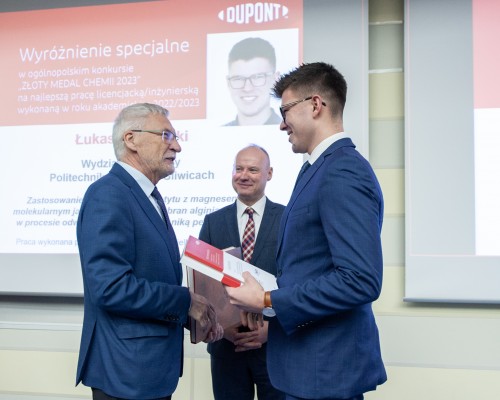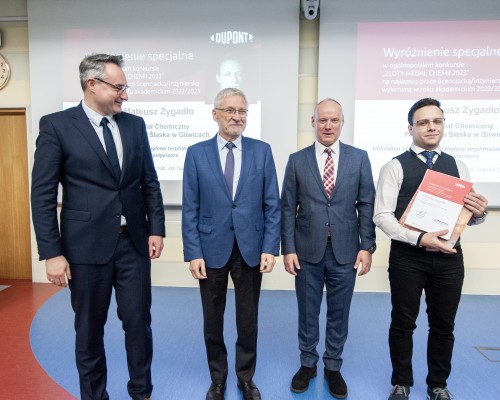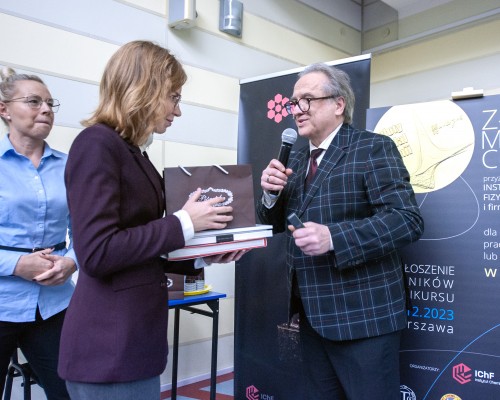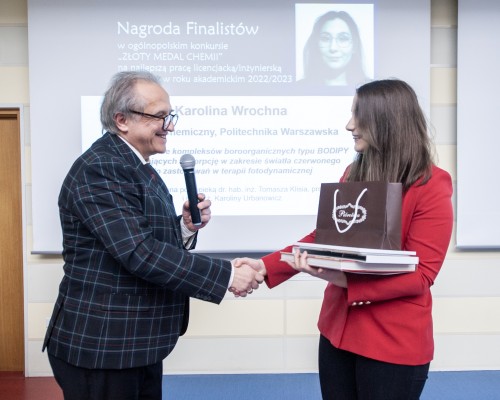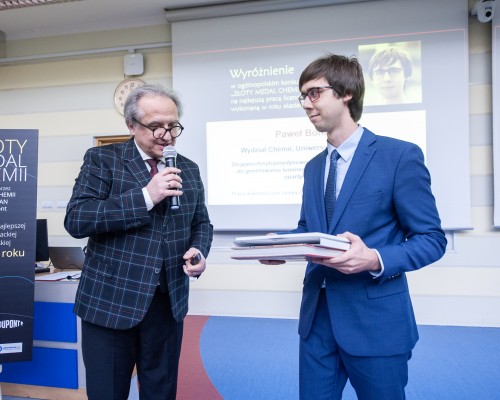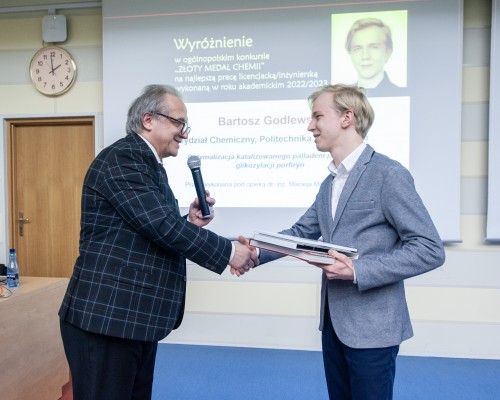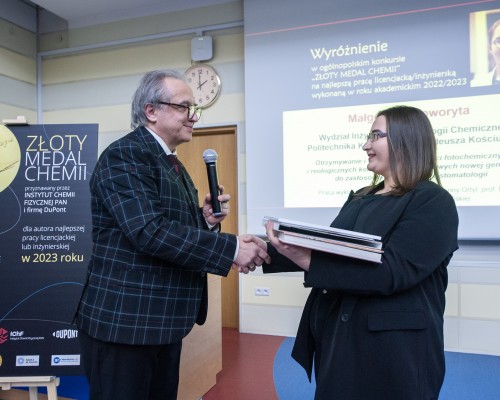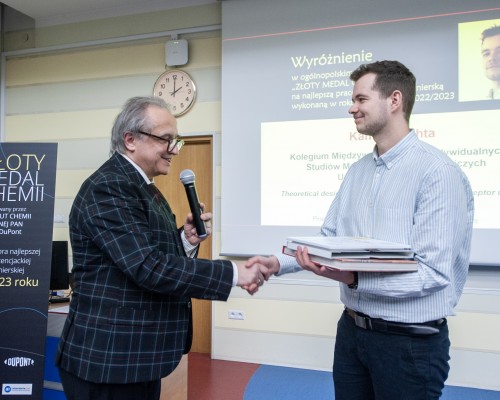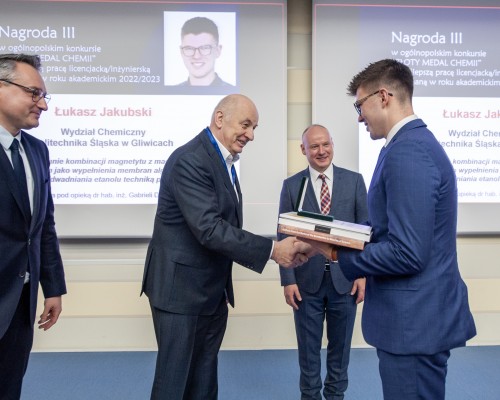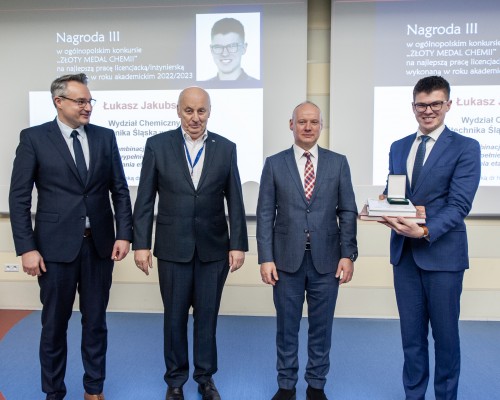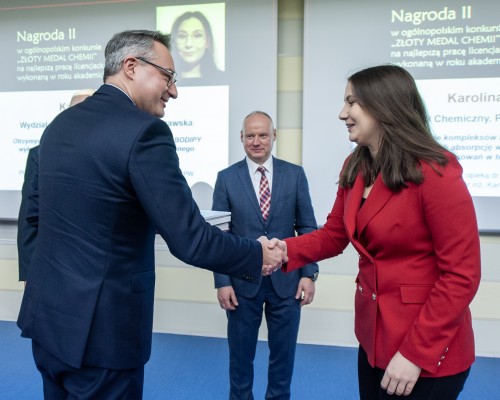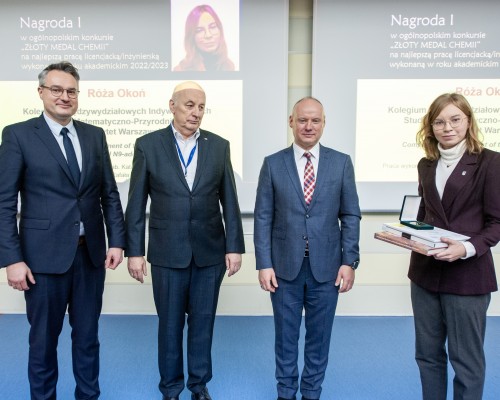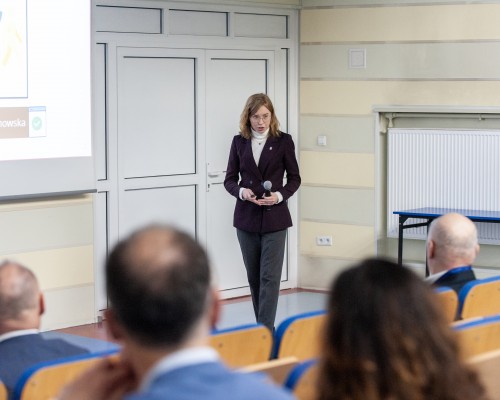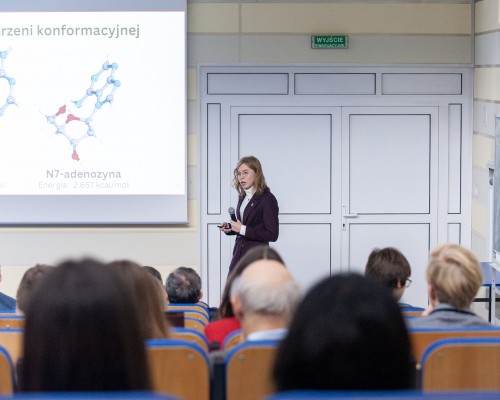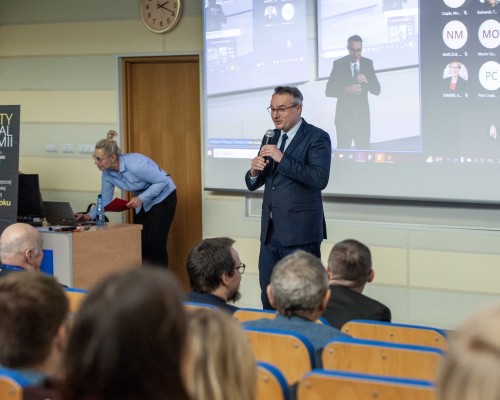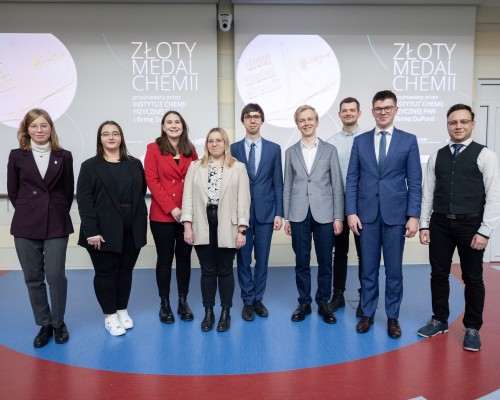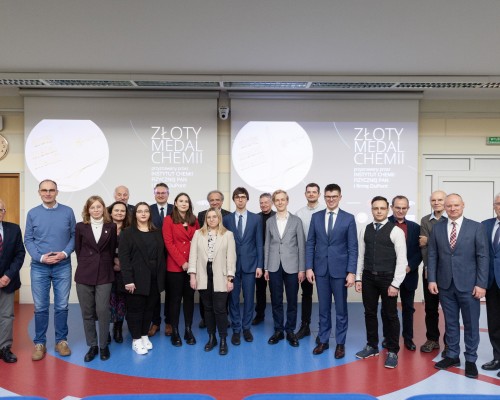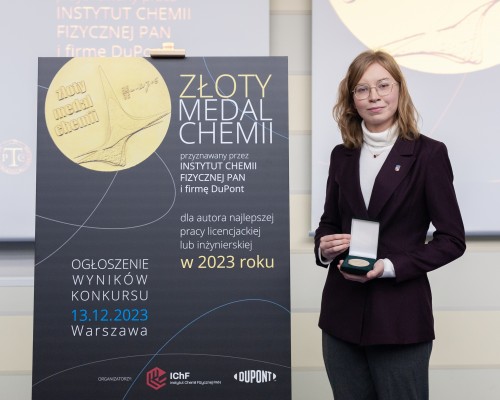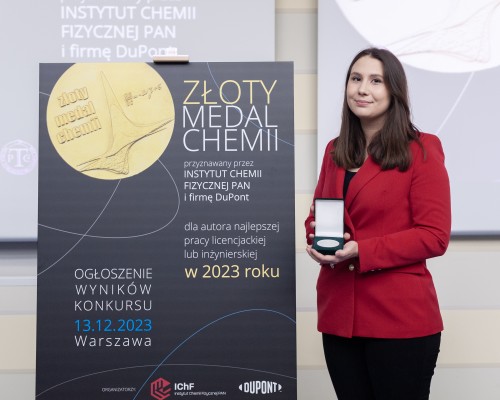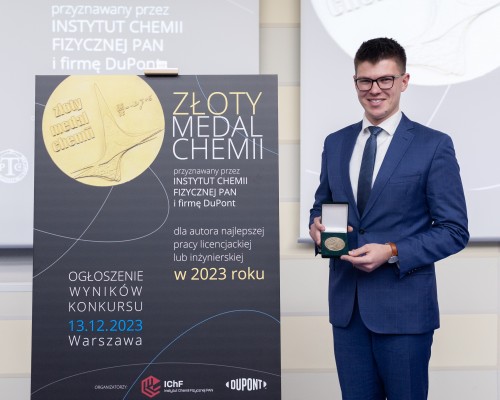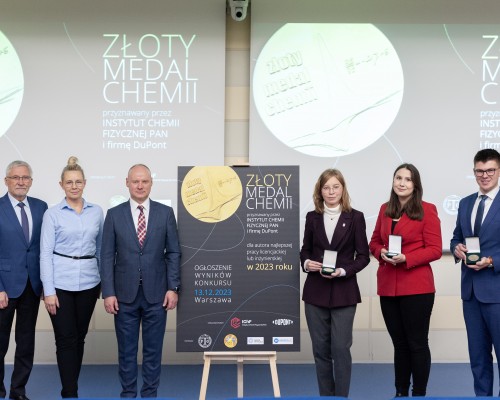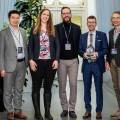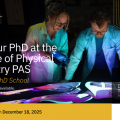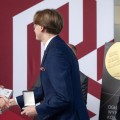Young researchers were awarded a Gold Medal of Chemistry
Reading time: about 6 minuts
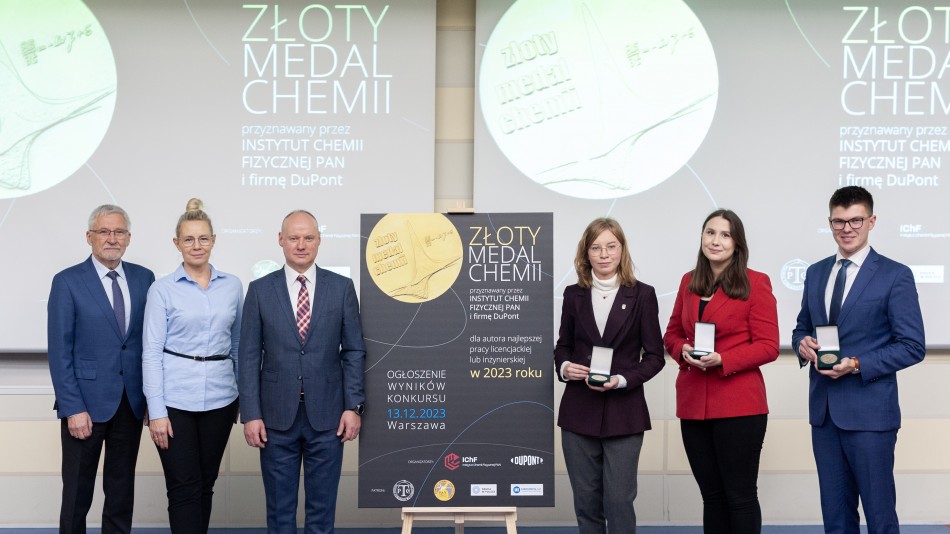
The list of winners of the 13th edition of the Chemistry Gold Medal competition was announced, selecting the authors of the best undergraduate and engineering chemistry theses produced and defended in the current academic year.
The Gold Medal of Chemistry competition was established for the first time in 2011 by the Institute of Physical Chemistry of the Polish Academy of Sciences (IPC) in Warsaw together with DuPont company. It was these entities that, on the initiative of Professor Robert Hołyst, set up the competition for young, ambitious researchers ready to conquer the world of science. The idea behind the competition is to recognize talented students and graduates who have not only written outstanding undergraduate and engineering theses, but also have very good results in their studies and are ready to continue their education in second- and third-level studies following the path of science. Moreover, many finalists have already written their first scientific articles and are actively pursuing research work, linking their future with a career in science. The competition was created to promote talented young researchers and, above all, to develop Polish science. After all, an investment in young scientists is an investment in the future, isn’t it?
Although the Gold Medal of Chemistry is now in its 13th year, it is still the only competition in Poland for the best bachelor thesis in the sciences and has long enjoyed great popularity and prestige. This year, 43 bachelors from the many different locations in Poland from 14 different universities applied to the competition, where 15 bachelors became finalists competing for the award. Prizes were awarded in categories: 3 medals - gold, silver and bronze, and 4 distinctions, as well as 3 special distinctions from DuPont company for theses with the greatest industry application potential. The finalists themselves also awarded the finalists' prize to the participant who presented their scientific research in the most interesting way.
The Chemistry Gold Medal was won by Róża Okoń for her paper entitled 'Comparative assessment of the photochemistry of N7- and N9-adenosine'.
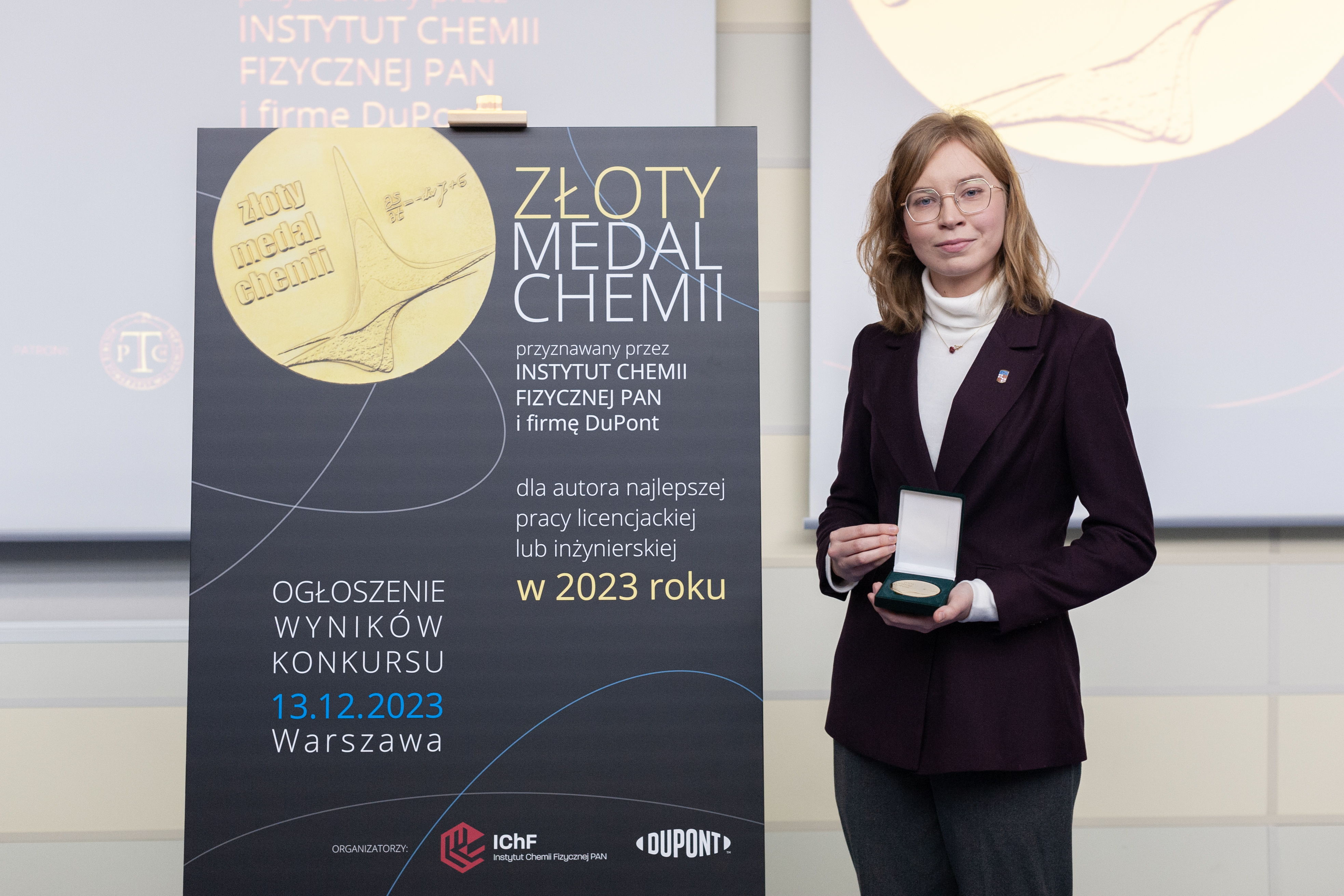
The Chemistry Silver Medal was won by Karolina Wrochna for her paper entitled 'Preparation of BODIPY-type bio-organic complexes showing absorption in the red light range for photodynamic therapy applications'.
The Chemistry Bronze Medal was awarded to Łukasz Jakubski for his engineering thesis entitled 'The use of a combination of magnetite with a molecular magnet as a filler for alginate membranes in ethanol dehydration using the pervaporation technique'.
The other winners were Paweł Bonarek, Bartosz Godlewski, Patrycja Grabowska, Małgorzata Noworyta, Kamil Szychta, and Mateusz Zygadło.
The award winners have thus joined an academic community working for the development of many fields of science and we will certainly hear about them more than once in the near future, as well as in a few years or even decades.
This competition is also full of interesting twists and turns among the situations and winners of all editions of the competition. Some participated in the competition twice and also won prizes twice by defending two bachelor's degrees in different fields, e.g. chemistry and physics, like Zofia Dziekan, who is continuously conducting scientific research and developing in many fields. Others were stuck in a traveller's journey unable to get to the final gala in time, so when they arrived at the end, the whole award gala was repeated. Others proceeded to present their results from their work online from the other side of the world and, although they presented in the middle of the night being in a different time zone, they stood on the podium with a Gold Medal. We are referring here to Martyna Osada. Following the laureates, it is impossible not to notice those who are pursuing academic career. The winner of the first edition of the competition, Marcin Runowski, is now a university professor at UAM in Poznań. This competition is a talent incubator creating a community of young scientists open to the new and unknown, providing an opportunity to meet those who have passions and are not afraid of innovation. The organizers focus on those who show the greatest potential to change the world.
Candidates are assessed by an interdisciplinary group of experts from both science and industry. The laureates are selected through a two-stage competition, which evaluates the quality of the submitted work, scientific achievements, independence in research work, practical significance of the results obtained, as well as the use of modern research tools in experimental and theoretical work. In addition to the required documents, i.e. a bachelor's/engineering thesis, the candidate's CV and a list of marks, candidates qualified for the second stage - the competition final - are required to give a presentation outlining their work and actively participate in a discussion among all the finalists and the competition panel. The final of the competition is a very festive event, which is remembered by the participants for a long time. It is also an incredible opportunity to demonstrate knowledge in the field in which the paper was written and to demonstrate oratory skills. But that is not all, commitment and charisma also count. In addition to awards, the winners receive diplomas and all finalists get an opportunity to participate in the internship at the Institute of Physical Chemistry of the Polish Academy of Sciences (IPC PAS) and can conduct research in its laboratories free of charge. The award ceremony has a solemn character emphasizing the importance of the young researchers' research.
"We are proud to see the scientific careers of the Chemistry Gold Medal winners develop. They are often already independent researchers with a strong commitment to developing different areas of chemistry. Some of them are already forming their own research teams infecting the next generation with their passion." - remarked Prof. Robert Nowakowski of the IPC PAS, who has been coordinating the competition on behalf of the Institute for ten years now.
It is worth highlighting, the laureates quite often apply to other competitions, where they also become laureates. Only in this year, winners of the Chemistry Gold Medal have become winners of the Diamond Grant and Pearl of Science (grants for young researchers granted by Polish Ministry of Science). They are also winners of competitions organized by the Polish Chemical Society for distinguished master's theses, the Janina Janikowa Prize, and distinguished doctoral theses in chemistry.
The Gold Medal of Chemistry is an important award of significant scientific value. The competition is held under the honorary patronage of Professor Maciej Żylicz, President of the Foundation for Polish Science, the Polish Chemical Society and the Committee of Analytical Chemistry of the Polish Academy of Sciences.
We congratulate the award winners, and there is another competition ahead. In a year's time, more names will be selected whose progress in science is worth following. More details about the current and upcoming edition of the competition are available at http://www.zlotymedalchemii.pl/
CONTACT:
Prof. Robert Nowakowski
Institute of Physical Chemistry, Polish Academy of Sciences
More details:
- Author: Dr Magdalena Osial
- Contact: magdalena@osial.eu
- Photo source: Grzegorz Krzyżewski
- Date: 23.01.2024
